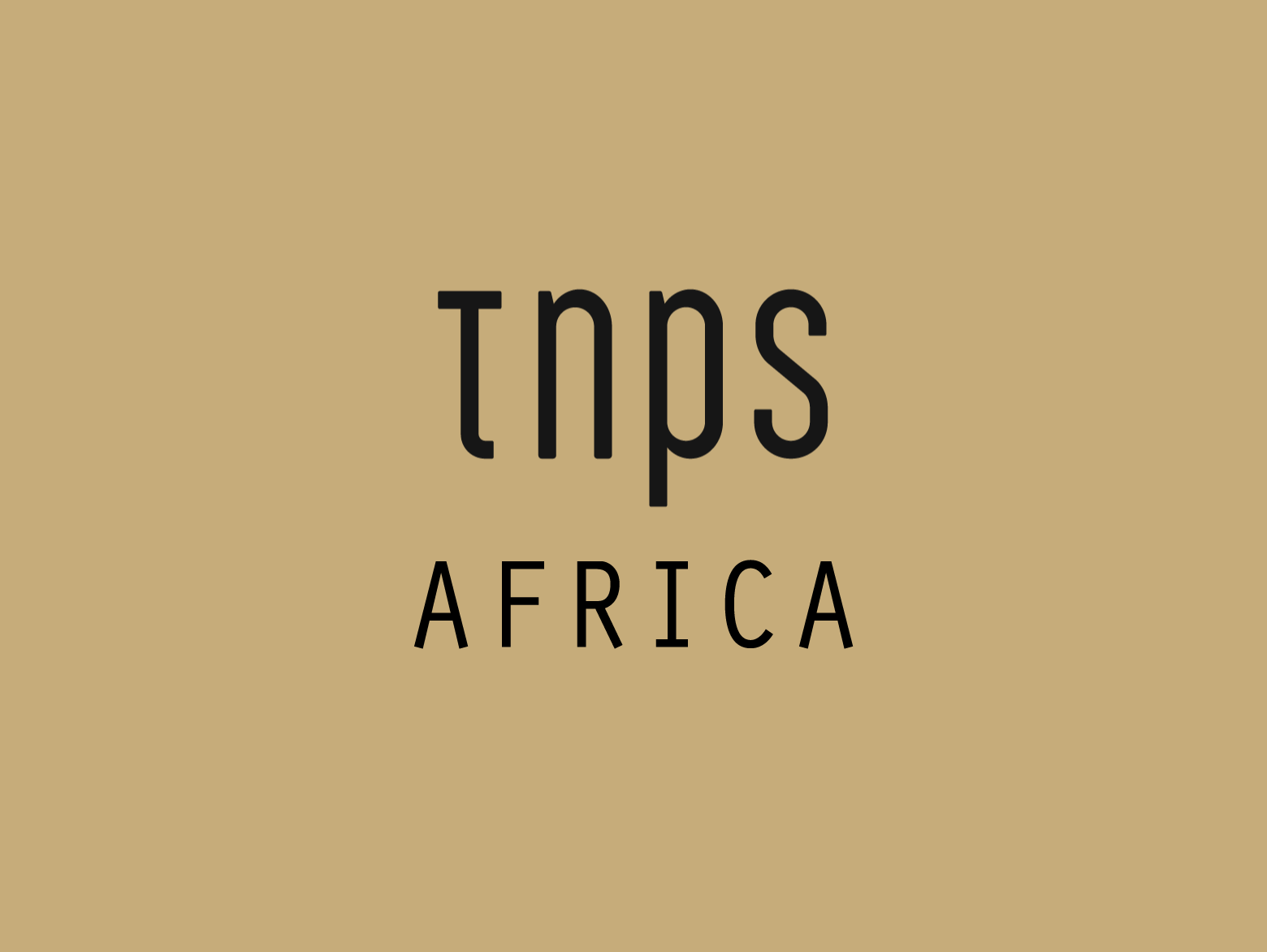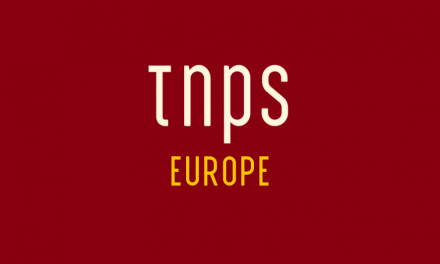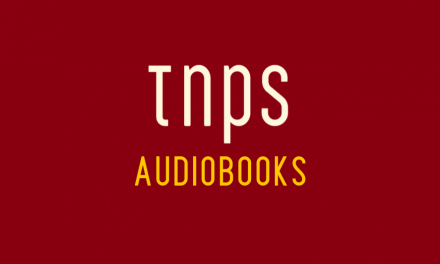When Zambia-born author Namwali Serpell won the 2015 Caine Prize for African Writing, the first Zambian to claim the award, she made the headlines by sharing the $15,500 prize money with her fellow contestants, two who were from Nigerian and two from South Africa.
This year Zambians are in the running for another prize, this time only for Zambians, and the reward is $1,000.
The Kalemba Short Story Prize 2018 is open to writers from Zambia, and over at the James Murua Literature Blog the eponymous Murua reports that the shortlist for the Kalemba Prize has just been announced.
The shortlisted stories and authors are:
- A Broken Road in Utopia– Chanda Chongo
- A Degree of Alone– Peter Nawa
- God of the Mind– Andrew Nguvu
- The Mango Tree– Sampa Musaba
- A Hand to Hold – Mali Kambandu
- The Legacy of Moombe – Mutinta Nanchengwa
.The inaugural 2018 Kalemba Short Story Prize opened for submission last October and the original plan was to announce the finalist on 1 March 2018, but that schedule proved elastic, with the shortlist only announced this week and the final date still to be declared.

Behind the Kalemba Short Story Prize, which is to be an annual event, is the proudly Zambian publisher Ukusefya, which describes itself as
a space celebrating and loving being Zambian.
We love being Tonga, Nsenga, Mambwe, Chewa. We make no apologies for speaking Lozi, Kaonde, Lala, Ngoni,Tumbuka, Soli, Namwanga.
The Zambia is a landlocked country in southern Africa, with a vibrant culture and a population of 17 million, but just 3 million of those are online so far, making ebooks a low priority for publishers.
Another headache for local publishers is the number of languages in the country. Some seventy languages are spoken, with English the official language but only the second language of most citizens.
This is exactly the kind of problem that hinders the traditional forms of publishing in Africa where small print runs for narrow-reach language books are costly to produce and distribute.
And this is exactly why I believe ebooks will, in the next decade, deliver African literature to a new level as the twin problems of localized content and localised means of payment catch up with the growth of smartphone ownership and internet engagement across the continent.





